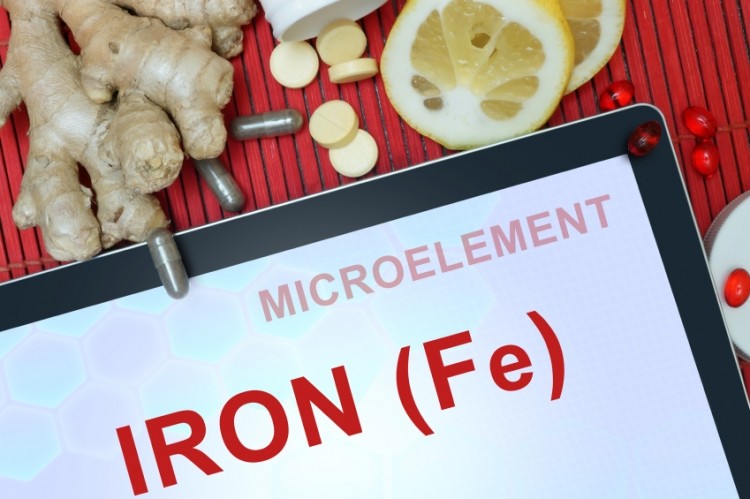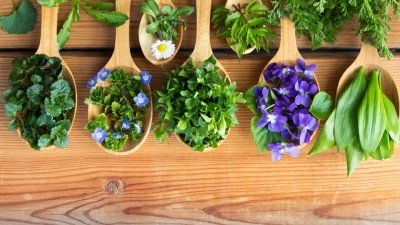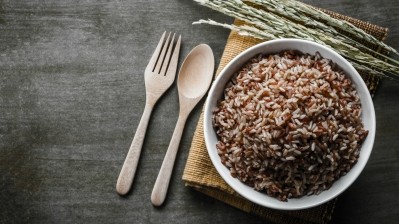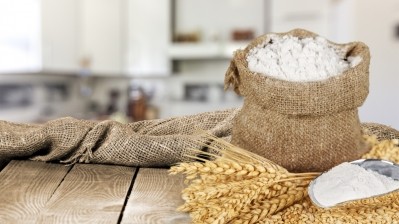Precision in policy: Academics in India warn of possible iron 'overdose' from food fortification

Researchers from the St John's Research Institute (SJRI) in Bangalore and Sitaram Bhartia Institute of Science and Research (SBISR) in New Delhi have reported that government policies on food fortification and iron tablet supplementation may in fact have harmful effects on women of reproductive age (15 to 49 years old).
More is less
According to a study published in The Journal of Nutrition, the average daily iron requirement for most Indian women is 15mg, 6mg lower than the current 21mg recommended by an expert group within the Indian Council of Medical Research (ICMR) in 2010.
Explaining this revised estimate, the researchers said they based it on calculations that took into account iron absorption and loss (such as through menstruation) in the body, as well as varying levels of dietary intake across different states.
They also predicted regional differences, arguing that women in Rajasthan would be the most likely to be exposed to excessive iron intake (54%), followed by Uttar Pradesh (15%), Bengal (2%), and Goa and Kerala (1%).
Currently, the tolerable upper limit (TUL) for daily iron intake in India is 45mg for women of reproductive age.
Anura Kurpad, SJRI's head of physiology, said prolonged exposure to iron at levels above the TUL could lead to symptoms such as constipation, altered gut bacterial profile, gastric acidity or physiological stress.
Ironing out the issues
The Indian government has been pushing for the fortification of food items such as cereals and salt with iron. These efforts to encourage fortification and supplementation are a response to the country's high prevalence of anaemia, especially in women — approximately 50% are anaemic.
But the researchers behind the study suggested this might be an over-correction, saying that the recommended revised intake of 15mg a day could actually lower the need for additional iron consumption in many Indian states.
They added that a daily 10mg of iron from food fortification was sufficient to reduce the number of women at risk of iron deficiency to about 6% to 39% in many parts of the country, while combining daily fortification with weekly supplementation would further lower the range to between 1% and 5%.
However, the currently recommended level of fortification and supplementation would cause many women to consume iron in amounts exceeding the daily TUL.
Precision in policymaking
This led the researchers to emphasise the importance of a 'precision-based approach' to ensuring sufficient iron intake.
Senior paediatrician and SBISR study member Harsh Pal Singh Sachdev said that in addition to putting women at risk of excessive iron consumption, a one-size-fits-all approach to national policy would also be a waste of financial resources.
Instead, he said the actions taken to fight anaemia should be adapted to maximise the benefits and minimise the risk to the population, which necessitated the need to assess the dietary habits and needs of different populations.
He told NutraIngredients-Asia: "Women in some states already have a high iron intake, and maybe either fortification or supplementation should be dropped there. We need to take serious stock of this situation.
"The more fortified food items there are, the higher the risk of women being exposed to excessive doses of iron, which is a safety concern. We need to go about this in a rational way, and perhaps assess people on a population level (according to state or region) or even an individual level."
He added that iron insufficiency or deficiency was not the only cause of anaemia, and that the bioavailability — and not just the amount — of iron was more important than many had realised.
"Even if there is a high amount of iron in a certain food, it may not be bioavailable or readily absorbed (by the body). For example, the iron intake in Rajasthan is high, but much of it is not bioavailable. It also doesn't make sense to give the same amount of iron to all women in India and think this will prevent anaemia in all of them."
Kurpad told NutraIngredients-Asia: "There needs to be a sound evaluation of what people are eating in each region, as India is heterogeneous in its food habits. From normal daily dietary intake to benefits (lowering iron inadequacy and deficiency) and risks (exceeding the TUL for iron), the evaluation of different fortification or supplementation doses must be done to arrive at a precise dosing regulation for public health purposes."
He added that it was important to note that these recommendations were made in the context of anaemia prevention, not treatment.
A senior ICMR official said the council was aware of the study, and had organised a meeting for experts to review the recommended daily requirement for iron, which would be held in March.



















